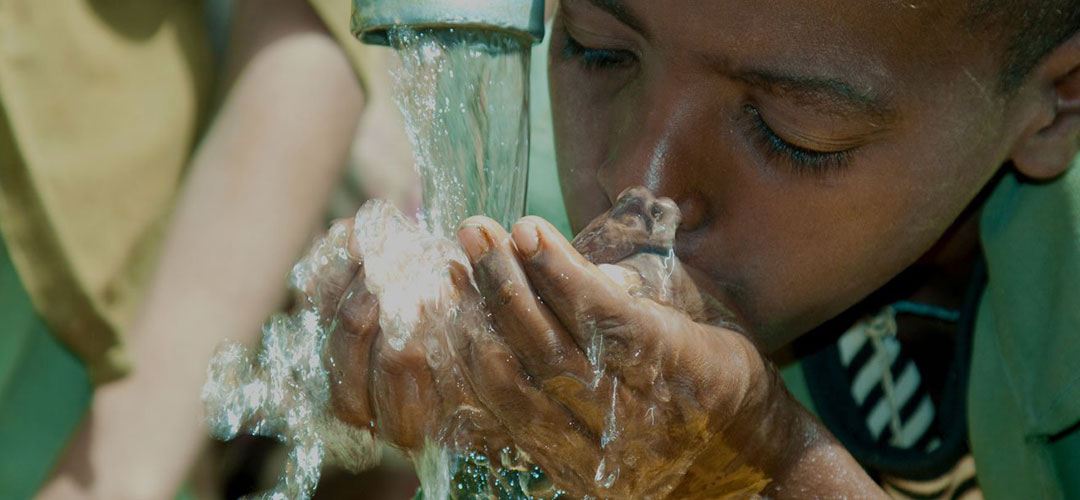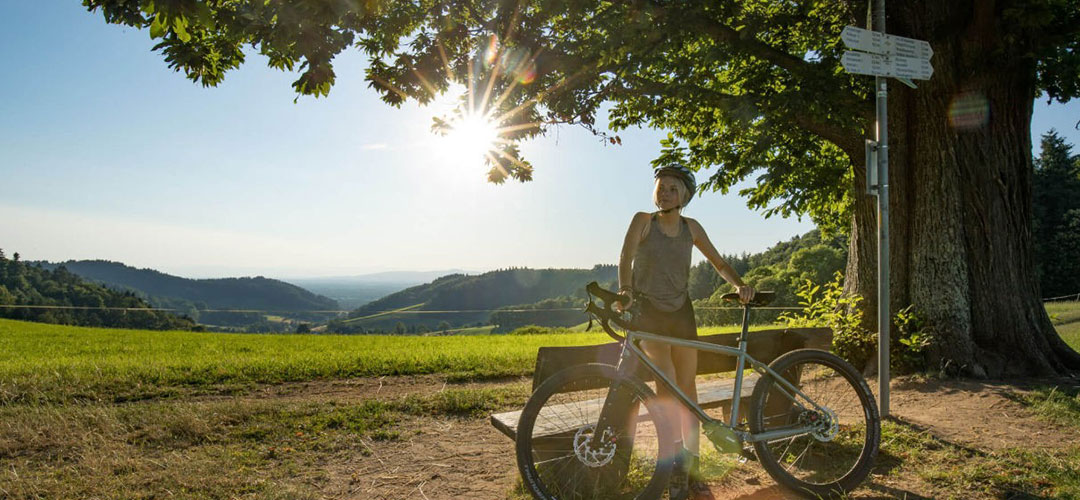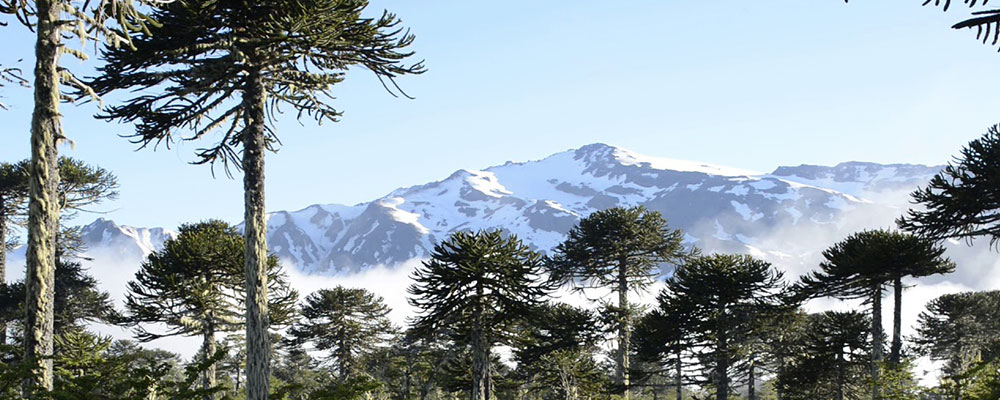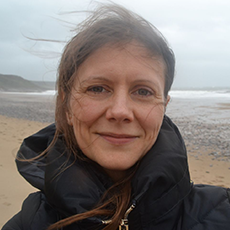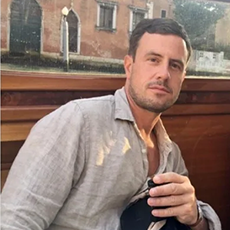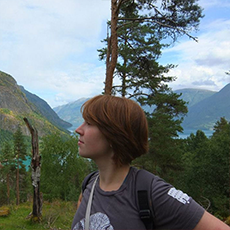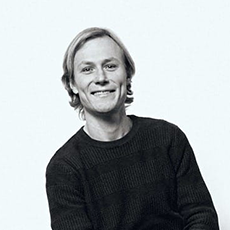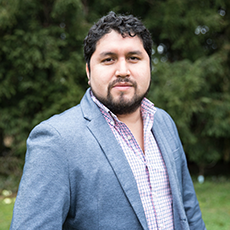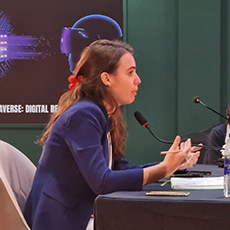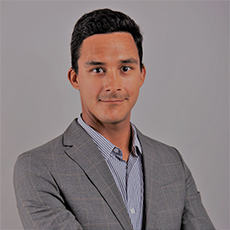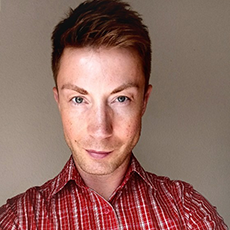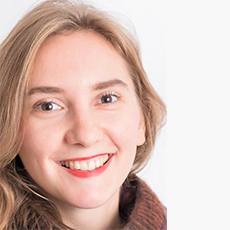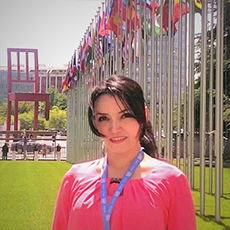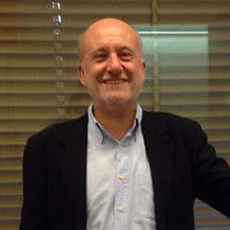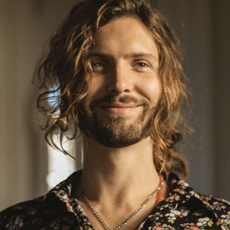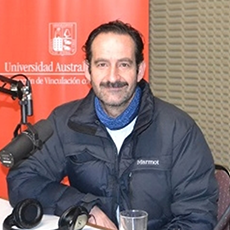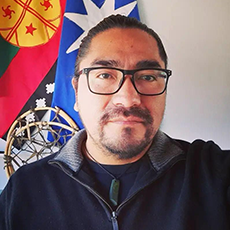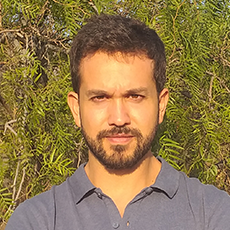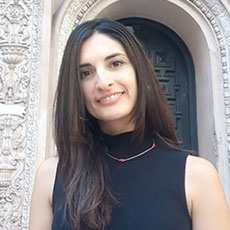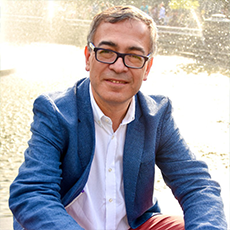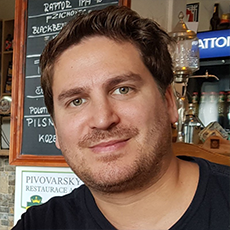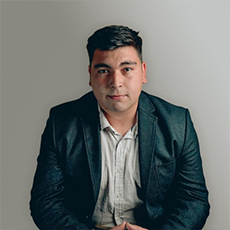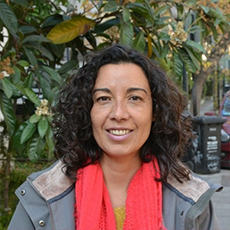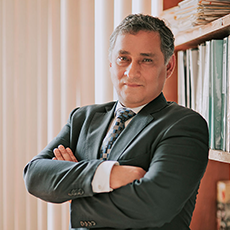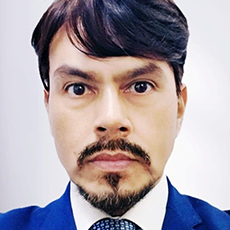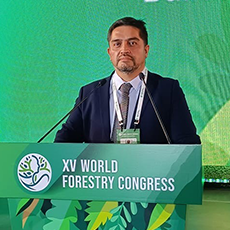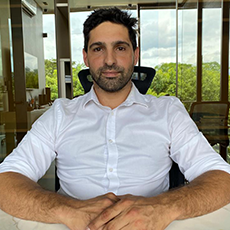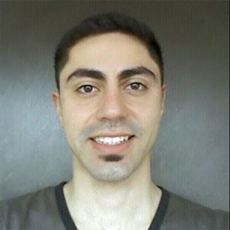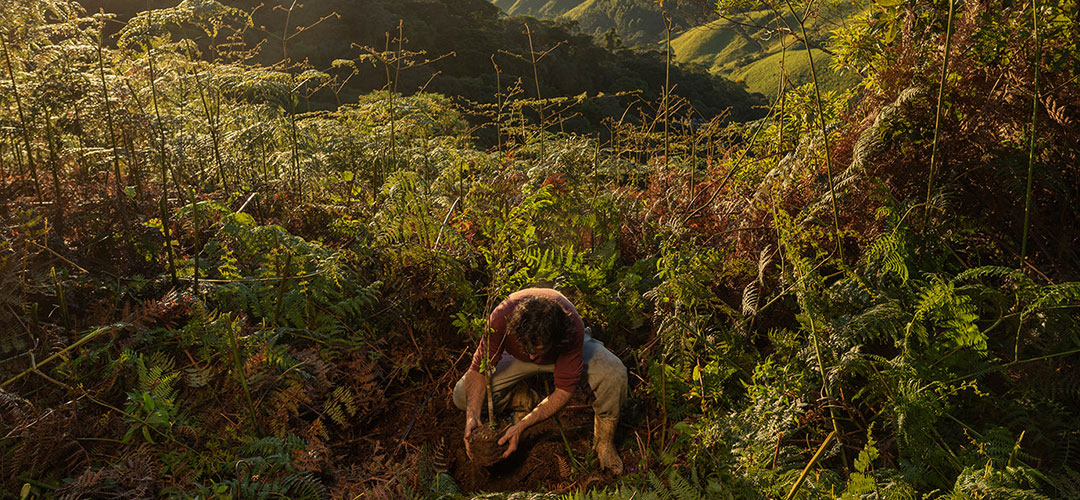
Human life depends on the earth as much as the ocean for our sustenance and livelihoods. Plant life provides 80 percent of the human diet, and we rely on agriculture as an important economic resources. Forests cover 30 percent of the Earth’s surface, provide vital habitats for millions of species, and important sources for clean air and water, as well as being crucial for combating climate change.
Every year, 13 million hectares of forests are lost, while the persistent degradation of drylands has led to the desertification of 3.6 billion hectares, disproportionately affecting poor communities.
While 15 percent of land is protected, biodiversity is still at risk. Nearly 7,000 species of animals and plants have been illegally traded. Wildlife trafficking not only erodes biodiversity, but creates insecurity, fuels conflict, and feeds corruption.
Urgent action must be taken to reduce the loss of natural habitats and biodiversity which are part of our common heritage and support global food and water security, climate change mitigation and adaptation, and peace and security.




